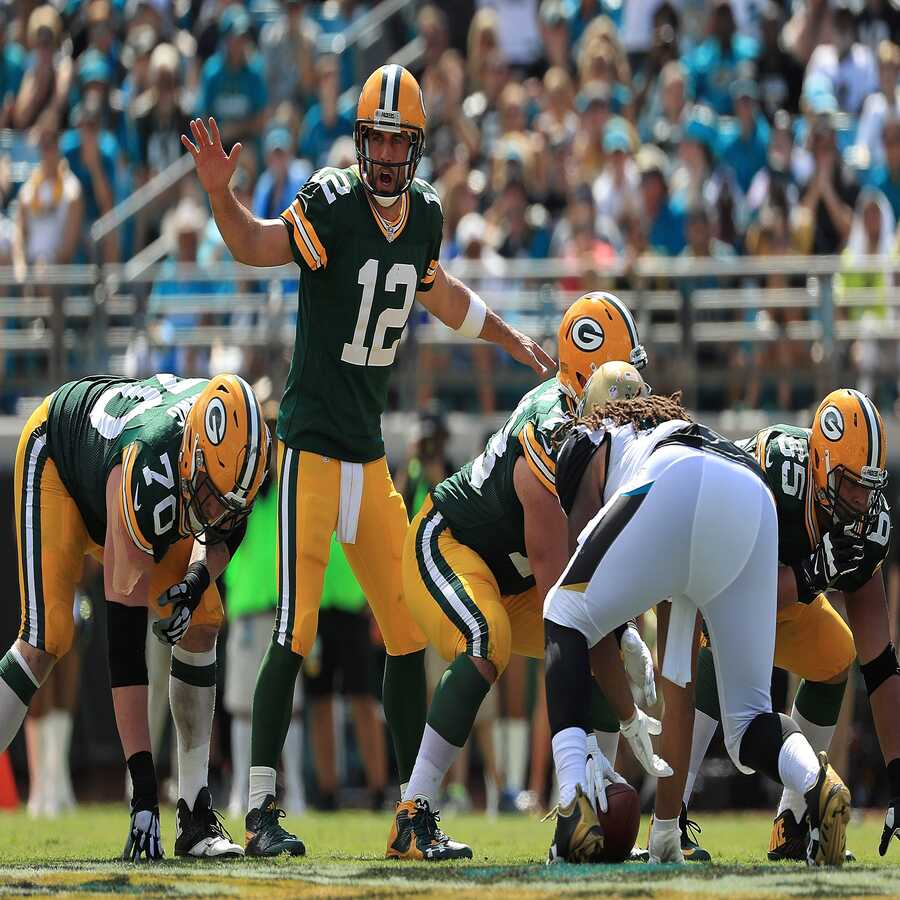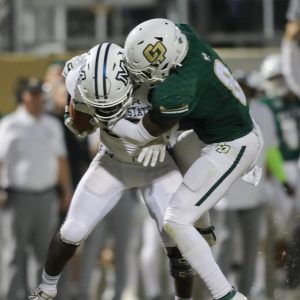I. Introduction

A. Definition of HBCU Football
what is hbcu football sport? Historically Black Colleges and Universities (HBCUs) have a long-standing tradition of showcasing exceptional talent and athletic prowess in the arena of American football. HBCU football is a major part of the sports culture within these institutions, and it holds a special place in the hearts and minds of students, alumni, and fans alike. It represents not only a display of athletic skill, but also a celebration of culture, heritage, and community.
B. Significance and History
The significance of HBCU football cannot be understated. These institutions have a rich history that dates back to the late 19th century, where they provided opportunities for African American students to receive higher education in a segregated society. In addition to academic pursuits, HBCUs also fostered a strong tradition of excellence in athletics, particularly in the realm of football.
II. The Rich Tradition of HBCU Football
A. Historical Context
The history of Historically Black Colleges and Universities (HBCUs) and their football programs is deeply intertwined with the broader social, cultural, and political landscape of the United States. HBCUs were established in the late 19th and early 20th centuries with the mission of providing higher education opportunities for African American students, who were often excluded from predominantly white institutions due to racial segregation and discrimination.
HBCU football emerged as a significant aspect of campus life and culture during this time, providing a platform for students to showcase their athletic talents and form a sense of community and pride within their respective institutions. HBCU football programs thrived and garnered widespread recognition for their skill.
B. Contributions to the Sport
The impact of HBCU football on the sport of American football as a whole is far-reaching and substantial. HBCU programs have produced a multitude of talented players, coaches, and teams that have made indelible contributions to the game at all levels. Additionally, the style of play, innovation, and the spirit of competition cultivated within HBCU football have left an enduring mark on the broader football landscape.
- Pioneering Players and Coaches
Throughout the history of HBCU football, there have been numerous pioneering players and coaches who blazed trails and broke barriers. From Fritz Pollard, the first African American head coach in the NFL, to legendary players like Jerry Rice and Walter Payton, HBCUs have been a breeding ground for extraordinary football talent. - Style of Play and Innovation
HBCU football has been characterized by its distinctive style of play, marked by creativity, agility, and flair. The high-tempo offenses, electrifying open-field running, and innovative strategies developed within HBCU football have influenced the evolution of the game. This dynamic and expressive approach to football has not only entertained fans but has also impacted the broader tactics and techniques utilized within the sport. - Legacy of Success
The legacy of success within HBCU football is a testament to the resilience and determination of the players and programs. HBCU teams have not only competed with distinction against each other but also against teams from predominantly white institutions.

Furthermore, the success of HBCU football programs has opened doors for greater opportunities for African American athletes within the sport. Many former HBCU players have gone on to achieve illustrious careers in professional football, serving as ambassadors for the talent and potential that abounds within HBCU football programs.
III. The Role of HBCU Football in Developing Professional Players
HBCU football has been instrumental in nurturing and developing a multitude of professional football players who have left an indelible mark on the sport. The notable alumni of HBCU football programs have not only excelled on the field but have also made significant contributions off the field. Their impact on the NFL and beyond has been profound, shaping the landscape of professional football for decades.
One of the most prominent aspects of HBCU football is the remarkable talent it has produced. From trailblazing quarterbacks to dominating defensive players, HBCU alumni have showcased their skills and resilience. These players serve as testaments to the excellence and determination fostered within the HBCU football community.
The influence of HBCU football extends far beyond the college level, as numerous alumni have gone on to achieve great success in the National Football League (NFL) and other professional football leagues. Their impact has been transformative, breaking barriers and challenging perceptions about the capabilities of African American athletes. HBCU alumni have reshaped the narrative of football, inspiring future generations of players and fans alike.
IV. The Cultural and Social Impact of HBCU Football
A. Community engagement
HBCU football programs have embedded themselves within the fabric of their respective communities. They fosters a strong sense of engagement and unity. HBCU football has served as a unifying force, bringing together students, alumni, and local residents. The atmosphere surrounding HBCU football games is often electric, filled with pride, camaraderie, and a shared passion for the sport.
Furthermore, HBCU football has been an avenue for community empowerment and social impact. These programs have provided opportunities for mentorship, leadership development, and community outreach. Through various initiatives and partnerships, HBCU football programs have extended their influence beyond the field.
B. Inspiration and pride
The cultural impact of HBCU football cannot be overstated. It has served as a source of inspiration and pride, instilling a strong sense of identity. The achievements of HBCU football teams and players resonate deeply, symbolizing resilience, excellence, and the triumph of the human spirit.
Moreover, HBCU football has transcended the realm of sports, becoming a bastion of cultural heritage and a symbol of empowerment. The traditions, rituals, and celebrations surrounding HBCU football games embody a rich tapestry of history and culture, igniting a sense of pride and unity among supporters. For many, HBCU football represents not only athletic prowess but also a legacy of leadership, perseverance, and achievement.
V. Challenges and Opportunities in HBCU Football
HBCU football, like many collegiate athletic programs, faces a myriad of challenges and opportunities. These factors play a crucial role in shaping the future of HBCU football and determining its capacity for growth. Understanding the financial constraints is essential for preserving its legacy and expanding its impact.
A. Financial Constraints
Financial challenges represent a significant obstacle for many HBCU football programs. Limited resources are recurring issues that affect the overall infrastructure, operations, and competitive standing of HBCU football teams.
The financial constraints can be attributed to various factors, including historical underinvestment, disparities in revenue generation, and the overall economic circumstances of the HBCUs. As a result, HBCU football programs often face challenges in maintaining state-of-the-art facilities, providing comprehensive athletic scholarships, and sustaining robust recruitment and training programs. The financial limitations can also impact the ability to attract top coaching talent and support staff.
B. Advancing the Sport
In addressing the financial constraints, there are numerous opportunities for advancement within HBCU football. Initiatives aimed at bolstering financial stability and sustainability can have a transformative impact on the trajectory of HBCU football programs, positioning them for continued success and relevance within the collegiate sports landscape.
Strategic partnerships with corporations, philanthropic organizations, and alumni networks represent a viable avenue for securing substantial financial support for HBCU football programs. These partnerships can provide critical funding for facility enhancements, academic support services for student-athletes, and resources for comprehensive coaching and training programs.
Moreover, enhancing the visibility and marketability of HBCU football can open doors for increased revenue streams and greater exposure. Traditional media outlets can broaden the reach of HBCU football, attracting a wider fan base and potential corporate sponsors. Investment in branding, public relations, and fan engagement initiatives can cultivate a stronger and more sustainable financial foundation for HBCU football.



